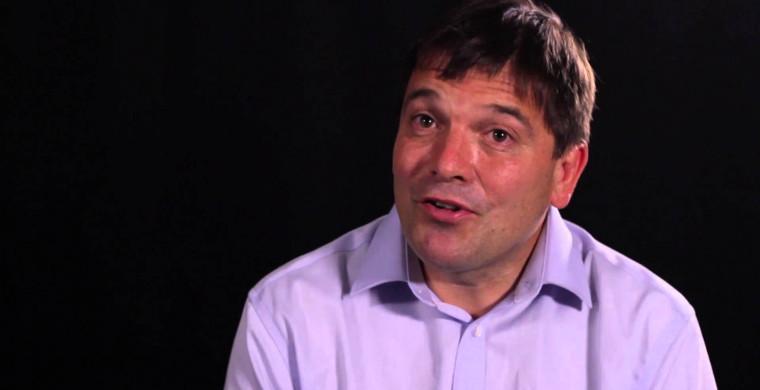GAFCON III: "Cross the Pain Line" in Preaching on Hell advise Harmon, Tice
The Doctrine of Hell has consequences today for the living including Christology, evangelism, human dignity and our "tone in life" according to two speakers at the Global Anglican Future Conference.
By Jeff Walton
https://juicyecumenism.com/2018/06/20/doctrine-of-hell/
June 20, 2018
The Rev. Canon Dr. Kendall Harmon, Canon Theologian for the Diocese of South Carolina and The Rev. Rico Tice of All Souls Langham Place in the Diocese of London shared about preaching on the doctrine of Hell during a seminar on June 20th in Jerusalem.
Harmon explained the West's "triumph of the therapeutic" as one reason that Hell is rarely preached about. Referencing Washington Post coverage of the recent Kate Spade and Anthony Bourdain suicides, Harmon discussed how happiness is seen as a right, which means that people don't have an understanding of how to deal with unhappiness.
Additionally, Harmon contrasted the cultural context of the 19th and 20th centuries with how people approach the concept of Hell. Because the 20th century had more "hell" than any generation previously, it has been hard to imagine something worse, Harmon noted.
"Universalism is the most sophisticated denial of the doctrine of hell," Harmon reported, contrasting an optimistic 19th century view that "people are too good for God to damn" with a more developed 20th century view following undeniable human atrocities that "God is too good to damn anyone."
Mainline Protestants have also identified exclusion as the ultimate problem, and, Harmon observed, "nothing is as exclusive as Hell."
Challenges to the Doctrine of Hell have come not just from Mainline Protestants, but also Evangelical Left authors including Rob Bell and Brian McLaren.
Harmon also critiqued a new consensus among some Roman Catholic scholars which he referred to as the "doctrine of the real possibility of Hell."
"If God's will is to save all, then we must hope for all," Harmon interpreted from the teaching. In this view, the heart of Christian eschatology is to hope for all but also believe in the real possibility of hell.
"If you think that through, here is the problem: it is a real possibility that actually affects your life," Harmon determined. "Roman Catholics have consigned it to such a position that it is no possibility at all."
That real possibility has an effect upon how Christians view evangelism, Tice explained.
"We need to cross the pain line in our preaching," Tice advised, where Christians see that "I am an offense to God." Tice said Christian must both call people to repent and simultaneously make clear that "I am for you."
Tice offered three questions about Hell: "Do you believe it? Do you love people? Will you warn them?"
Harmon offered the scenario of a sign warning of a bridge out on a road ahead, where you see the sign but another family does not.
"What do you do?" Harmon asked. "Warn them of what is ahead."
Tice argued that people without Christ go to Hell, and with this in mind, Christians should re-organize their time in response.
"What's happened in the Church of England is that we are functional Universalists," Tice assessed. "We care more about what people think of us now that of what God will think about them on the Day of Judgment."
Tice, Senior Minister for Evangelism at All Souls Church suggested three points in preaching about Hell: first, celebrate people as made in God's image.
Second, serve: look to do random acts of kindness. Third, cross the pain line: ask a tough question, such as "what do you think about eternity?"
"We've got to put people in an environment where choices matter," Harmon shared. "People understand that their financial planning has consequences, or whom they marry, or what college they go to.They go through the entire week knowing that choices matter, but we've determined that on Sunday the choice about God doesn't matter."
Harmon and Tice also examined concepts of the afterlife: "If you live without God in a fixed sense here, how do you think that will continue in eternity?"
Harmon asked, describing how actions in people's lives today can result in calcification down a path later. Two kinds of people resulted: those who say to God "thy will be done" and those who are locked into a trajectory away from God in which God says to them "thy will be done."
"Life is a lot more serious than most of us function as if it is," Harmon noted.
END














